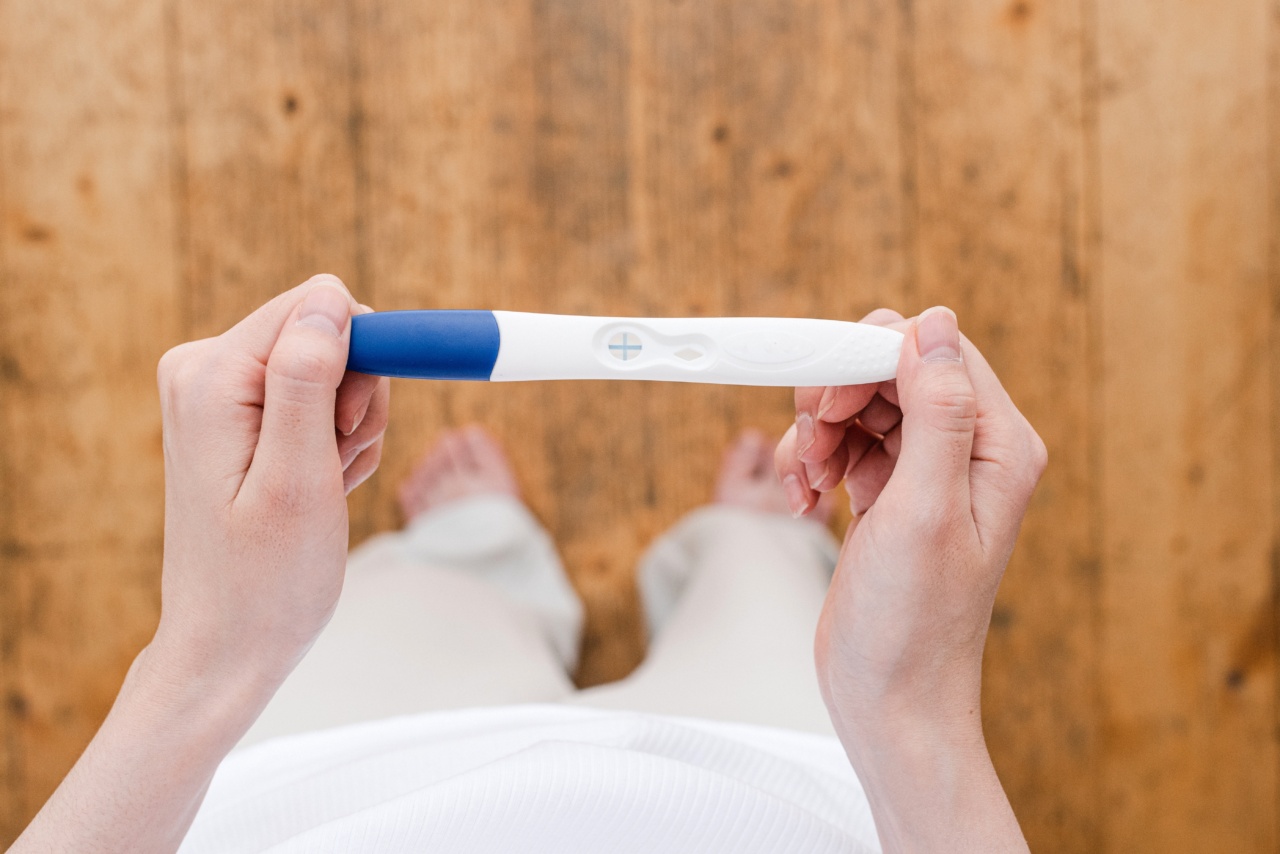The second trimester of pregnancy is a crucial period that demands careful attention to the developing baby’s needs. During this period, several key prenatal tests are needed to ensure the health of the mother and fetus.
1. Ultrasound
An ultrasound during the second trimester is usually performed between 18-22 weeks. This test helps to determine the baby’s growth, organ development, and overall health.
It also allows for the detection of any abnormalities or potential complications. The ultrasound can also confirm the baby’s sex if the parents wish to know.
2. Maternal Serum Screening
This test is performed typically between 15 and 20 weeks.
Maternal serum screening involves taking a small blood sample from the pregnant woman to check the baby’s risk of certain chromosomal abnormalities, such as Down syndrome and neural tube defects.
3. Group B Strep Screening
This test is done between 35-37 weeks of pregnancy. Group B streptococcus (GBS) is a type of bacteria that can be present in a pregnant woman’s vagina and rectum without causing any symptoms. However, it can be dangerous to the baby during delivery.
The screening involves a swab of the vagina and rectum to detect the presence of GBS.
4. Glucose Screening
This test is performed between 24-28 weeks of pregnancy to screen for gestational diabetes. This condition is a type of diabetes that develops during pregnancy and can cause serious complications for both the mother and baby if left untreated.
The glucose screening test involves drinking a sugary solution and then having a blood test to measure the body’s ability to process the sugar.
5. Anemia Screening
This test is conducted during routine prenatal visits, but it is particularly important during the second trimester.
Anemia is a common condition during pregnancy, and it can lead to a variety of complications, including preterm labor and low birth weight. The screening involves a blood test to measure the levels of hemoglobin and iron in the mother’s blood.
6. Non-Stress Test
A non-stress test (NST) is a simple, non-invasive test that is performed during the second trimester to check the baby’s heart rate and movement.
The test involves monitoring the baby’s heart rate while the mother lies down, and the baby’s movements are counted. If the results show that the baby is not getting enough oxygen, further testing may be required.
7. Amniocentesis
If there is a concern about certain genetic conditions or chromosomal abnormalities, the doctor may recommend amniocentesis. This test involves taking a small sample of the amniotic fluid from around the baby and testing it for any abnormalities.
Amniocentesis is generally performed between 16-20 weeks of pregnancy.
8. Chorionic Villus Sampling (CVS)
Similar to amniocentesis, CVS is a prenatal test that checks for genetic conditions and chromosomal abnormalities. However, the test is performed earlier, usually between 10-12 weeks of pregnancy.
CVS involves taking a small sample of cells from the placenta for testing.
9. Fetal Echocardiography
This test is performed during the second trimester, typically between 18-24 weeks. Fetal echocardiography uses ultrasound to check the baby’s heart and blood vessels.
It can detect any potential problems with the heart’s structure or function.
10. Cervical Length Measurement
Cervical length measurement is a test that is performed to check the length of the cervix, which is the lower part of the uterus that connects to the vagina. A shortened cervix can be a sign of preterm labor.
The test is usually performed between 18-23 weeks of pregnancy.




















